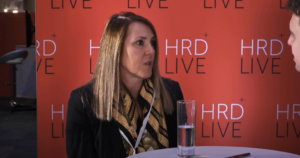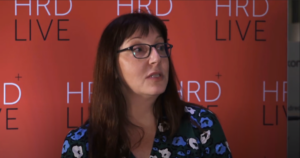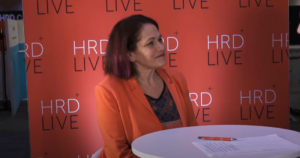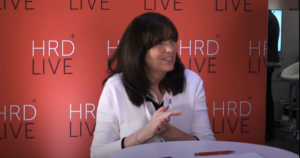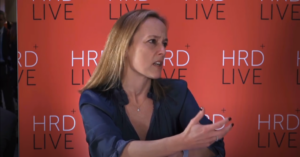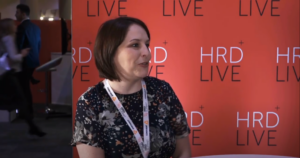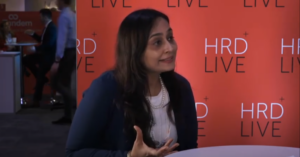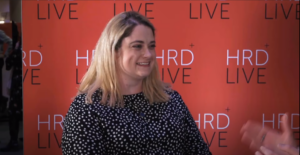Lasting cultural change: Eric Hutcherson, EVP & CHRO, NBA
- 1 Min Read
Is lasting cultural change a science? Eric Hutcherson discusses his session at HRD Summit UK 2020.
- Author: Rosalind Hill
- Date published: Nov 17, 2020
- Categories

Time and again, organizations invest time, energy and resources into ambitious cultural change initiatives, only for them to fall apart the moment they don’t have HR focusing their full attention on driving them.
Is it possible to get long-term cultural change down to a science? How do you benchmark success?
Eric Hutcherson, EVP & CHRO, NBA, joined HRD Live at the HRD Summit UK 2020 to discuss his session on creating lasting cultural change.


